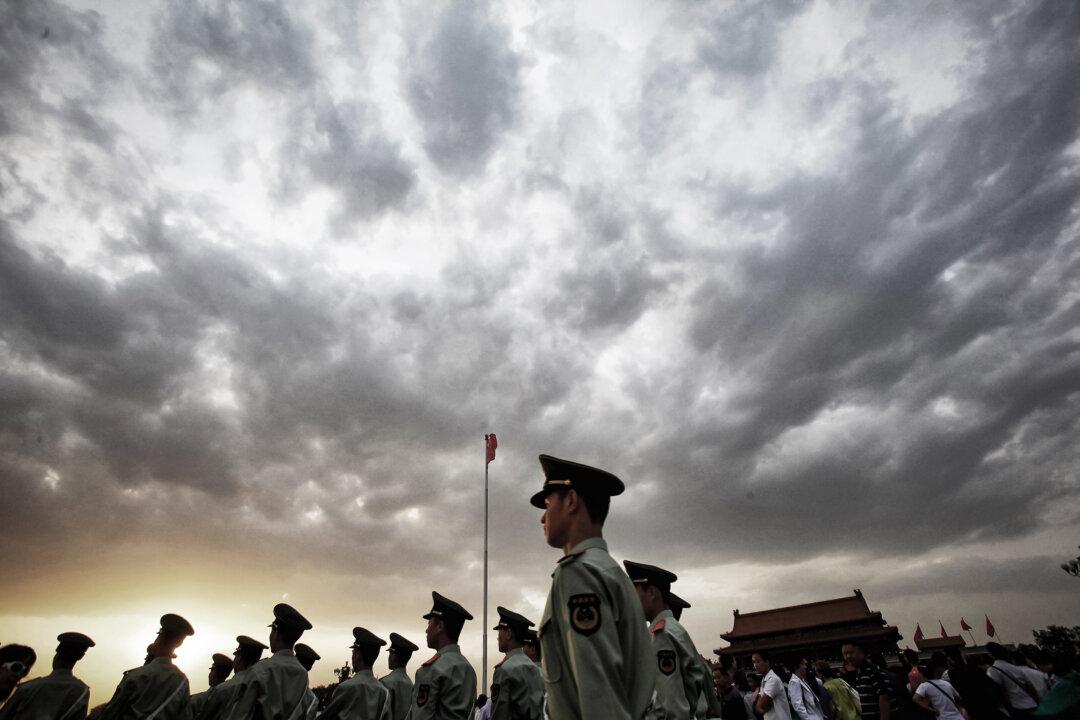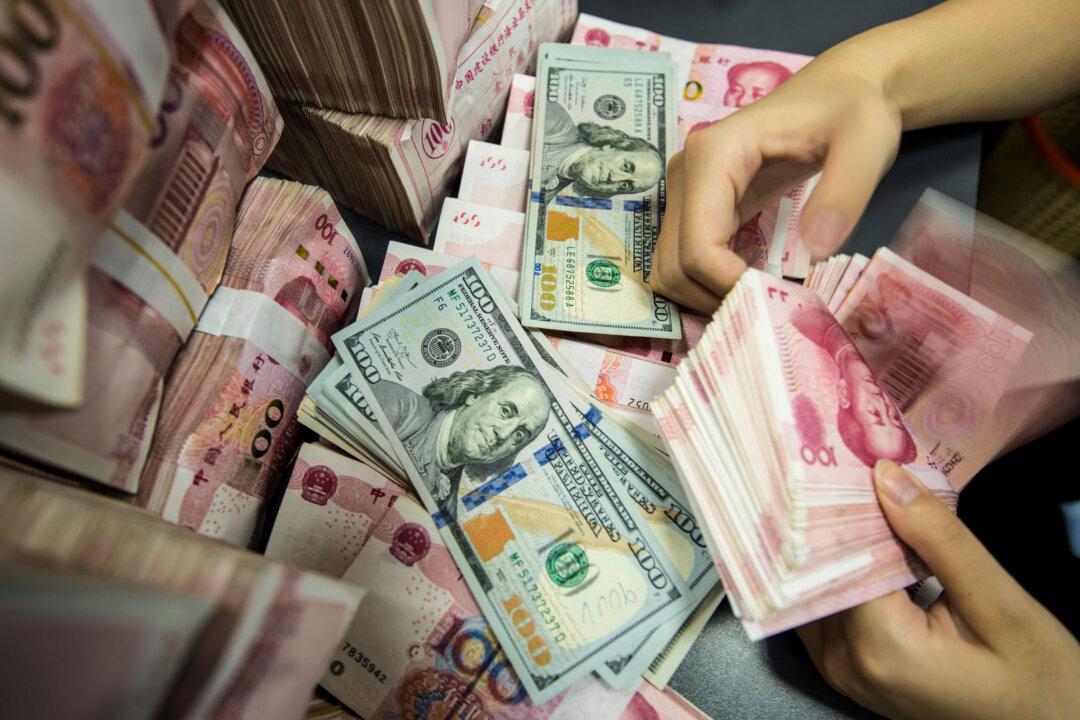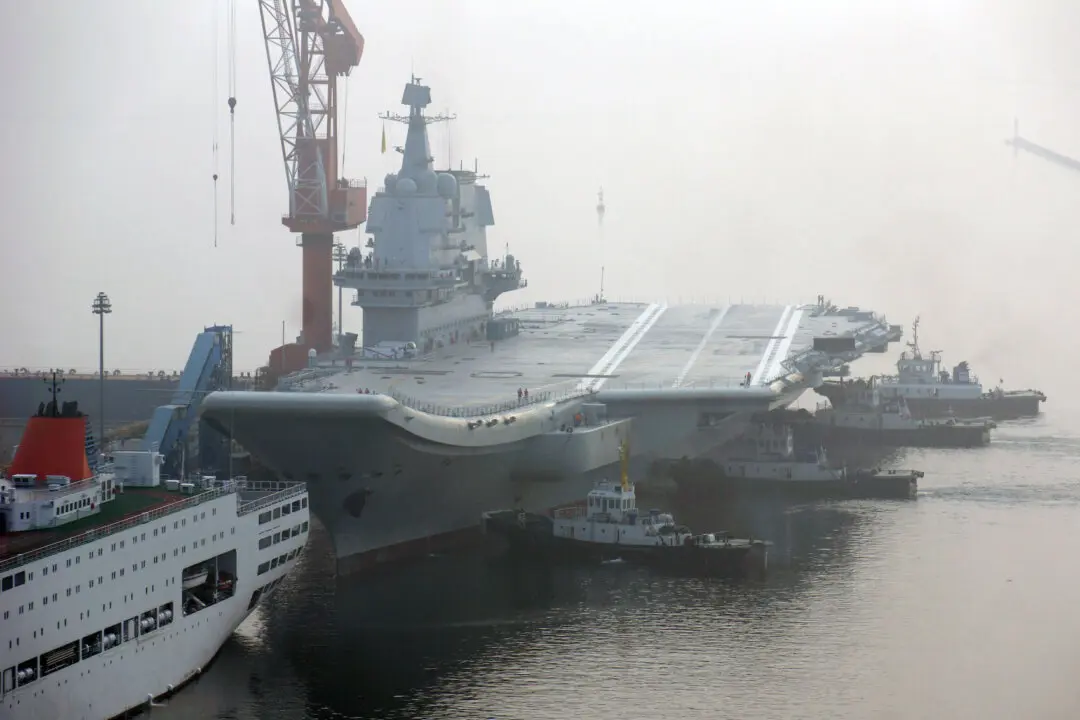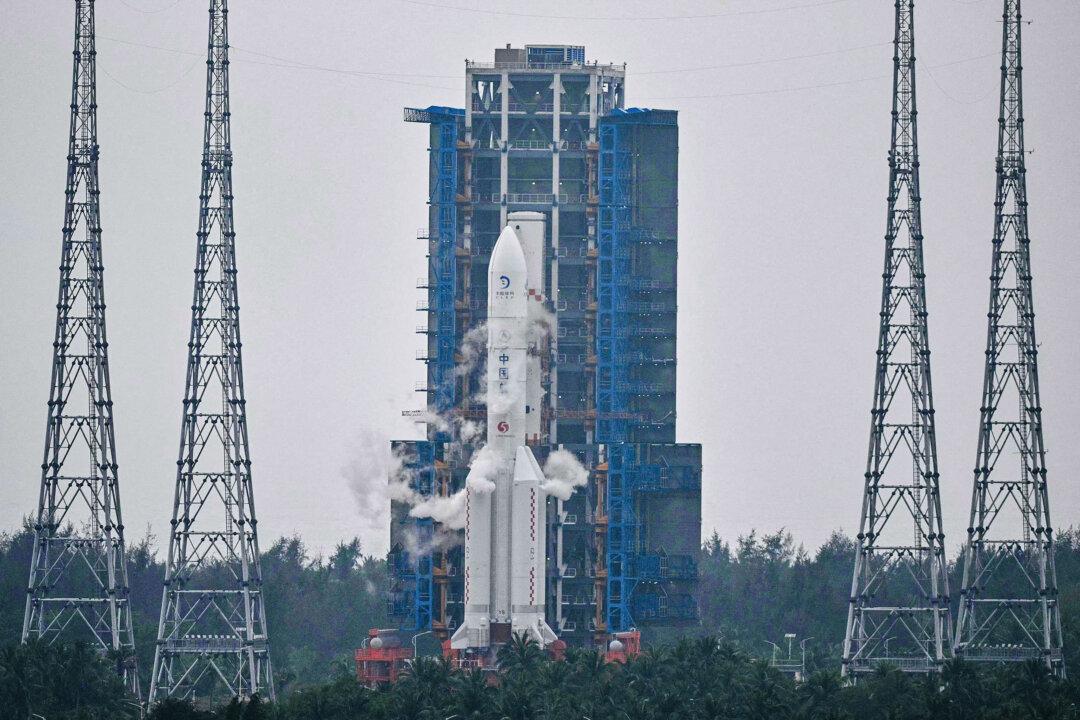Commentary
As China’s economy falters, Chinese leader Xi Jinping is under pressure. He’s attempting to tighten his grip on the economy while simultaneously purging the military, but these moves may be exacerbating the situation and placing his authority under increasing scrutiny.





